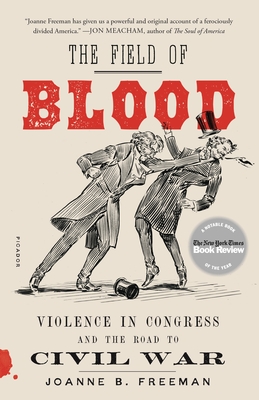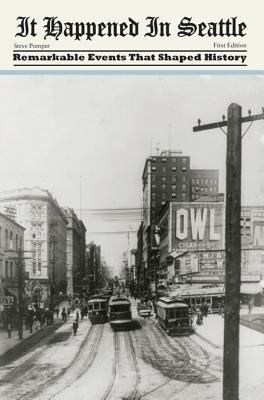
description
hrough Nebraska and Wyoming was the grand corridor of America's westward expansion. A number of famous trails converged in the broad valley of the Platte, forming a kind of primitive superhighway for the great covered wagon migration from 1841 to 1866. From jumping-off places along the Missouri River--notably the Omaha-Council Bluffs, St. Joseph, and Kansas City areas--the emigrant throngs came together at Fort Kearny, Nebraska. Although they continued on to South Pass, Wyoming, and beyond, this book focuses on the feeder mutes and the more than three hundred miles between Fort Kearny and Fort Laramie.
The Great Platte River Road looks at border towns, trail routes, river crossings, stage stations, military posts, and such landmarks as Chimney Rock and Scott's Bluff. It goes far beyond geography and Indian encounters in revealing cultural aspects of the great migration: food, dress, equipment, organization, camping, traffic patterns, sex ratios, morals, manners, religion, crime, accidents, disease, death, and burial customs.
member goods
No member items were found under this heading.
Return Policy
All sales are final
Shipping
No special shipping considerations available.
Shipping fees determined at checkout.







